Avoiding certain foods can be hard, especially when they’re specifically designed to taste good. But here’s the catch: A lot of the foods we’re told we shouldn’t eat might not actually be all that bad for us. In fact, what’s deemed “bad” for you might be totally different than what’s considered “bad” for someone else.
For example, you might have the idea that things like dairy or gluten aren’t good for you because you get an upset stomach or develop a headache after eating them. “It’s important to understand that foods like dairy and wheat are common allergens, and some people don’t tolerate them well,” says dietitian Julie Andrews. “But that doesn’t mean they are bad for everyone.”
But while every person has a completely different body and foods they might negatively react to, there are some foods out there that are still worth trying to generally avoid. We’re talking about the ones like ultra processed foods that either don’t offer much nutritional value for your body, or, in some of the worst cases, actually pose a health risk to you. Here’s what to know about which foods you might want to consider staying away from, according to experts.
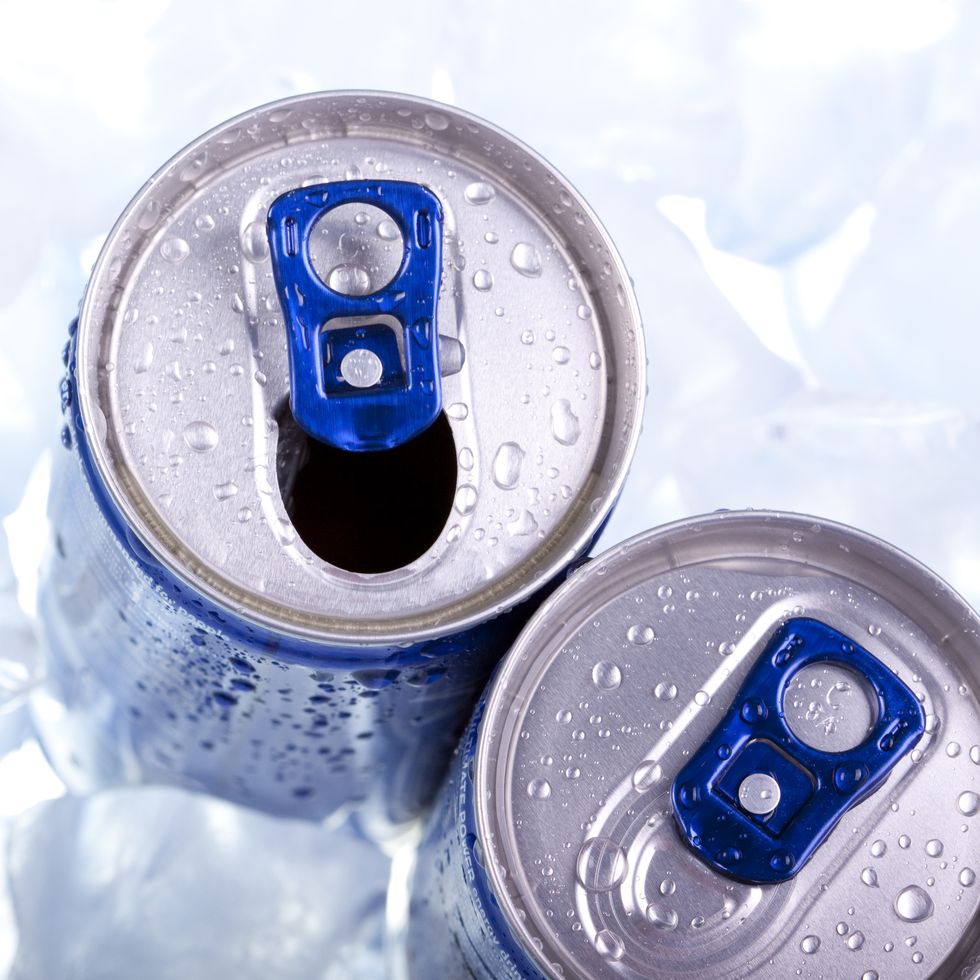
Energy drinks
The reason energy drinks taste so good? They’re packed with artificial flavourings and sugar. “With a lot of the energy drinks, they can have higher amounts of sugar in it, or they’ll use artificial flavours which can cause a lot of inflammation of the body,” says Kearney.
And when it comes to these energy drinks, most companies won’t disclose what those artificial flavourings actually are. “So we could have a blueberry flavoured drink, but we don’t know what chemicals have been used to recreate that blueberry flavour,” says Kearney.
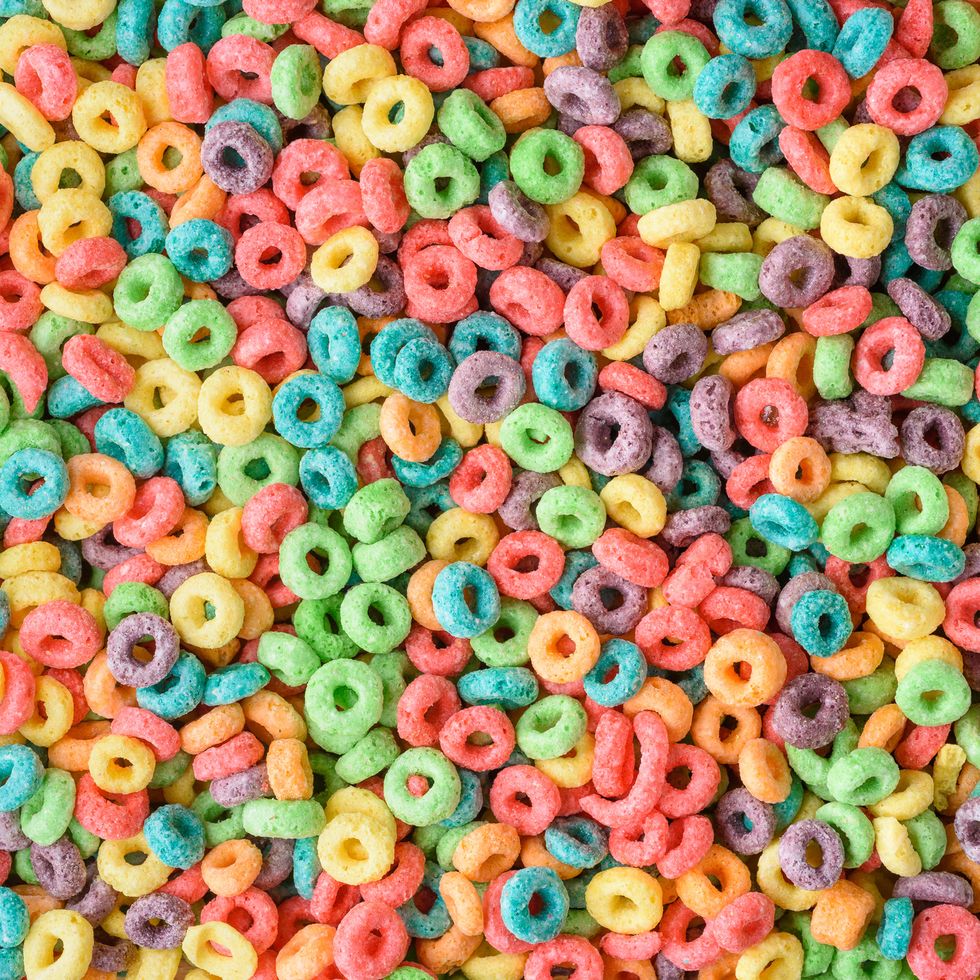
White flour-based cereal
Yes, those sugary-sweet breakfast cereals are delicious, but look out for whether they’re made with white flour. These types of cereals are low in nutrition and high in refined carbohydrates, which means that they don’t fill you up and they can cause a spike and drop in blood sugar, says Andrews. That, in turn, can contribute to low energy, mood swings, and cravings. Instead, opt for a higher-fibre cereal like bran flakes.

Low-fat ice cream
Don’t jump on the pint-sized trend just yet, especially if you have digestive issues. That’s because low-fat or diet ice creams replace sugar with sugar alcohols, which when consumed in excess can have a laxative effect on the body, says Kearney. And if you have a sensitive stomach or digestive tract, you’ll feel those effects even faster, she adds.

Instant noodles
A good rule of thumb? When something has the word “instant” in its name, it’s likely something you’re going to want to try to avoid. “Whenever I see the word ‘instant,’ they’re doing something to the food to make it instant,” says Soans. “They’ve probably stripped it down and taken away a bit of the fibre and the stuff that we actually want.”
Plus, the amount of sodium in instant noodles is extremely high, and they contain what’s called monosodium glutamate (MSG), which has its own set of problems. “It is a flavour enhancer that is used in a lot of cooking, or a lot of restaurants will use it,” says Kearney. “And it is an addictive substance, so we keep going back as a repeat customer. But with it, it can increase hunger, and that causes us to eat more.”
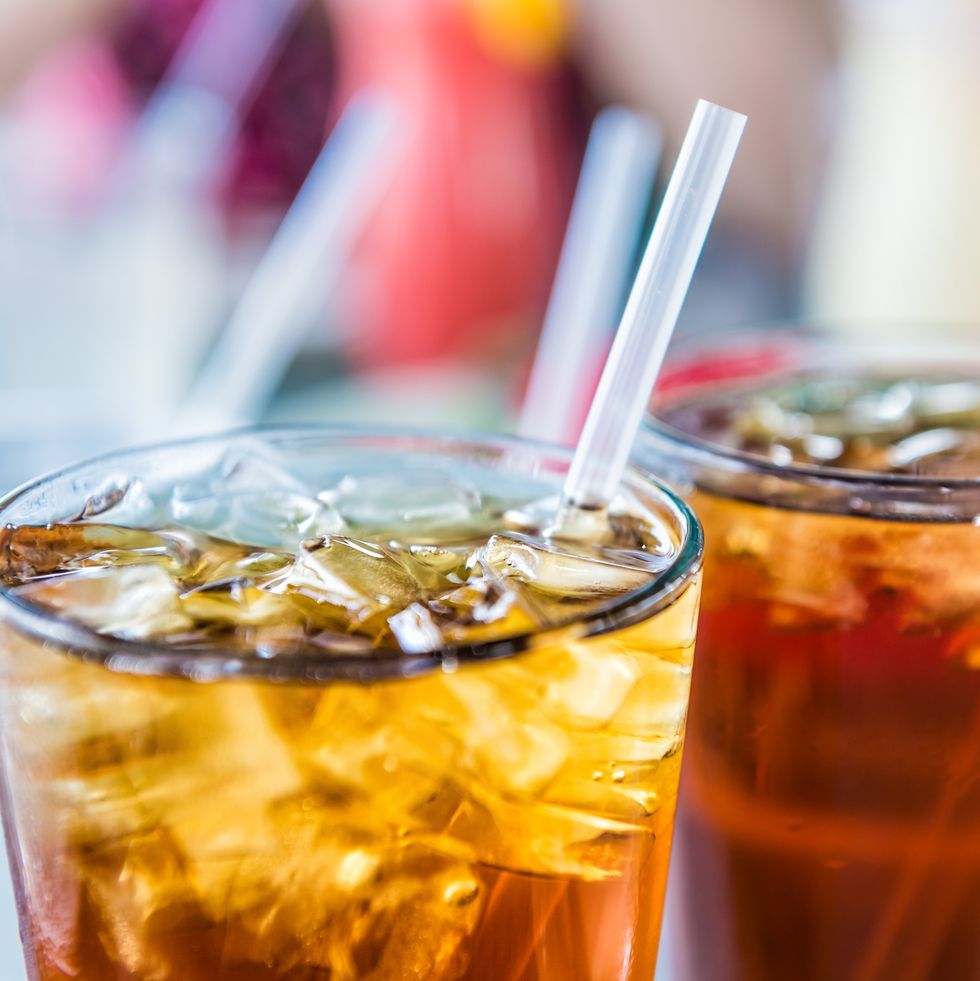
Iced tea
Tea by itself has plenty of health benefits, but when you start adding sugar to that tea, it starts to void out those upsides. “Sugar-sweetened beverages are high in, yes, sugar, and don’t provide much, if any, nutrition,” says Andrews. Plus, many research studies have shown that regular consumption of sugar-sweetened beverages like sweet tea can contribute to causing obesity, type 2 diabetes, and heart disease, says Andrews.
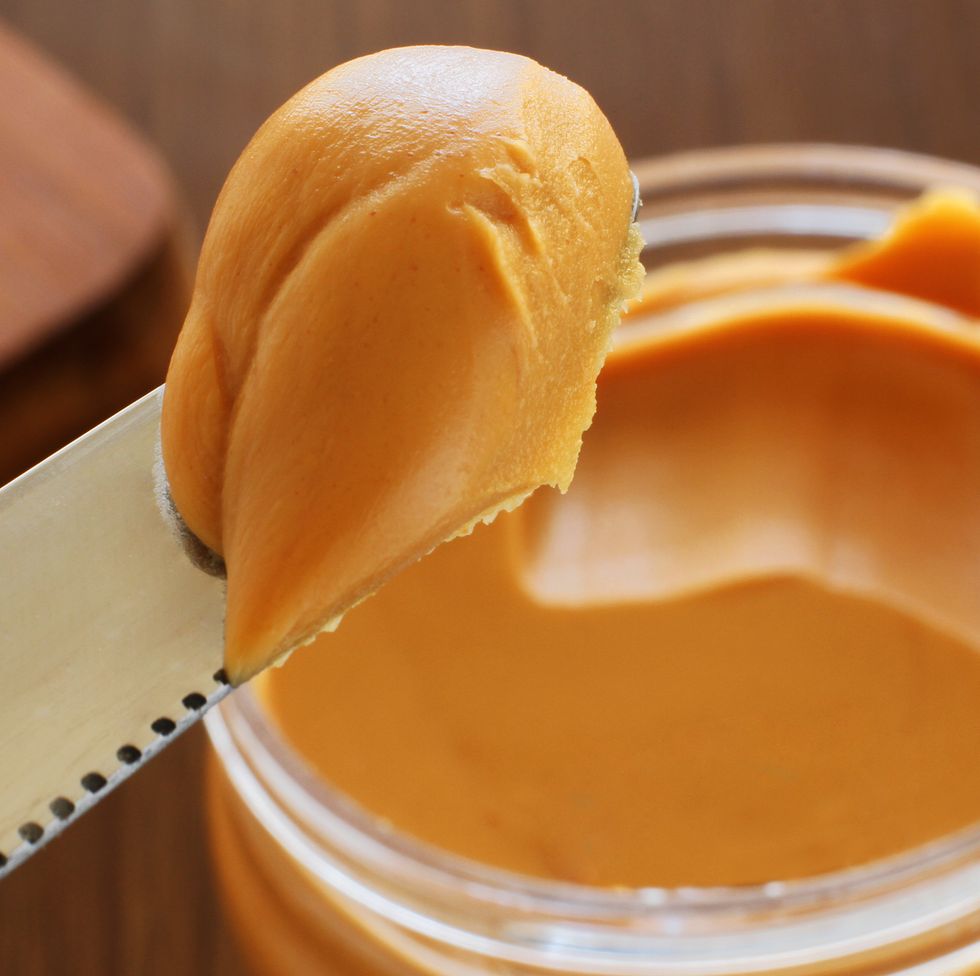
Low-fat peanut butter
Nut butters are great for you, in large part because they contain beneficial unsaturated fats. “But when you start to take out the fat in peanut butter, you not only lower the amount of heart-healthy fats that you’re getting but may also end up getting a product with extra sugar and filler ingredients,” says Gorin. “These ingredients are added to compensate for the fat is removed.”
A good rule of thumb when buying peanut butter? It should be natural, and it should only have three ingredients on its label: peanuts, oil, and maybe a little bit of salt, says Gorin.
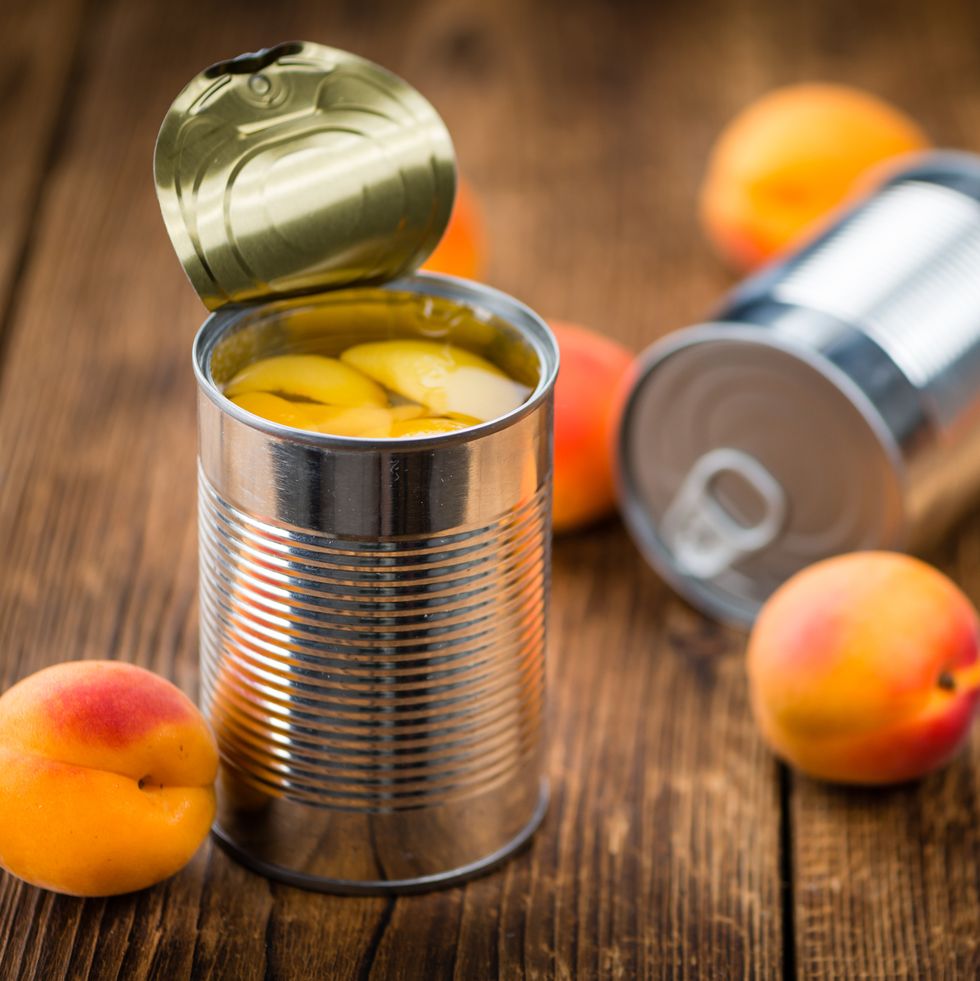
Tinned fruit
The reason this type of fruit is so yummy? Sugar, sugar, and more sugar. “When a fruit is canned in ‘light syrup’ or ‘heavy syrup,’ that means that sugar has been added to the fruit,” says dietitian Amy Gorin. “Fruit is plenty sweet on its own, so you don’t need any added sugar with it.”
That said, if you like the convenience of canned fruit, here’s some good news: there are canned fruits out there that aren’t housed in that syrupy mixture. “Read the ingredient label to make sure a product is canned either in 100% juice or water,” says Gorin. “Neither of these contain added sugars.”

Packaged butter-flavoured popcorn
Butter-flavoured popcorn is made using artificial butter flavouring, which can cause inflammation in the body, says dietitian Lorraine Kearney. Plus, if you’re popping it at home in a microwaveable bag, those bags are packed with chemicals. Instead, if you’re able, try popping popcorn at home in a pot on the stovetop rather than using a mass-produced bag. “When we make popcorn at home, we have control over the ingredients,” says Kearney.
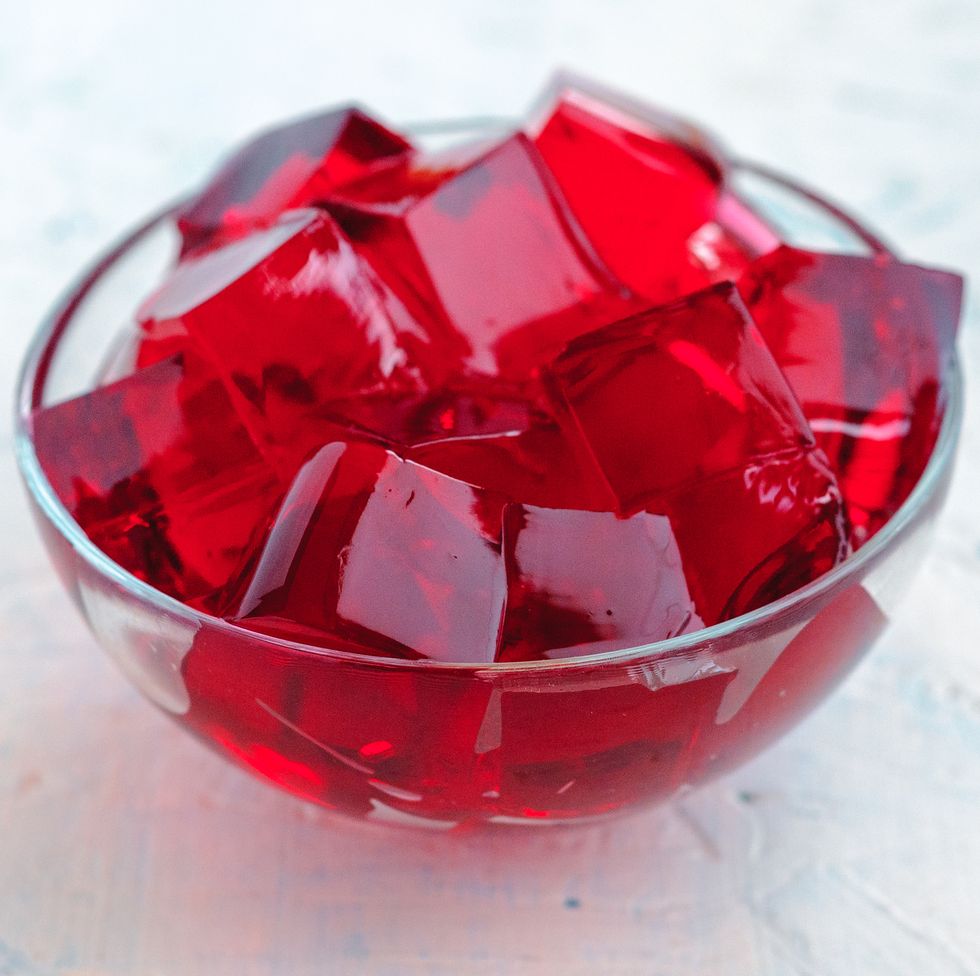
Packaged jelly
Similar to energy drinks, gelatin desserts are rich with artificial flavourings, articificial colours and sugar that can be harmful to our bodies.

Salami
This classic lunch sandwich meat packs more downside than upside because of its “cured meat” status. Cured meats have been linked to several nasty problems, including hypertension and heart disease, says Andrews. But salami is also high in saturated fat and contains sodium nitrites, which can turn into harmful inflammatory compounds that can become damaging to your health, says Andrews.

Packaged doughnuts
Similar to those white flour-based cereals, doughnuts are usually made from refined carbs, which don’t provide you much nutritional value, says Andrews. Doughnuts are also usually deep-fried, making them high in trans fats, which can raise your LDL “bad” cholesterol and lower your HDL “good cholesterol,” according to the American Heart Association (AHA). This doesn’t mean you need to avoid refined carbs (and the doughnuts that come with them) altogether; it just means your health will thank you for indulging in moderation.
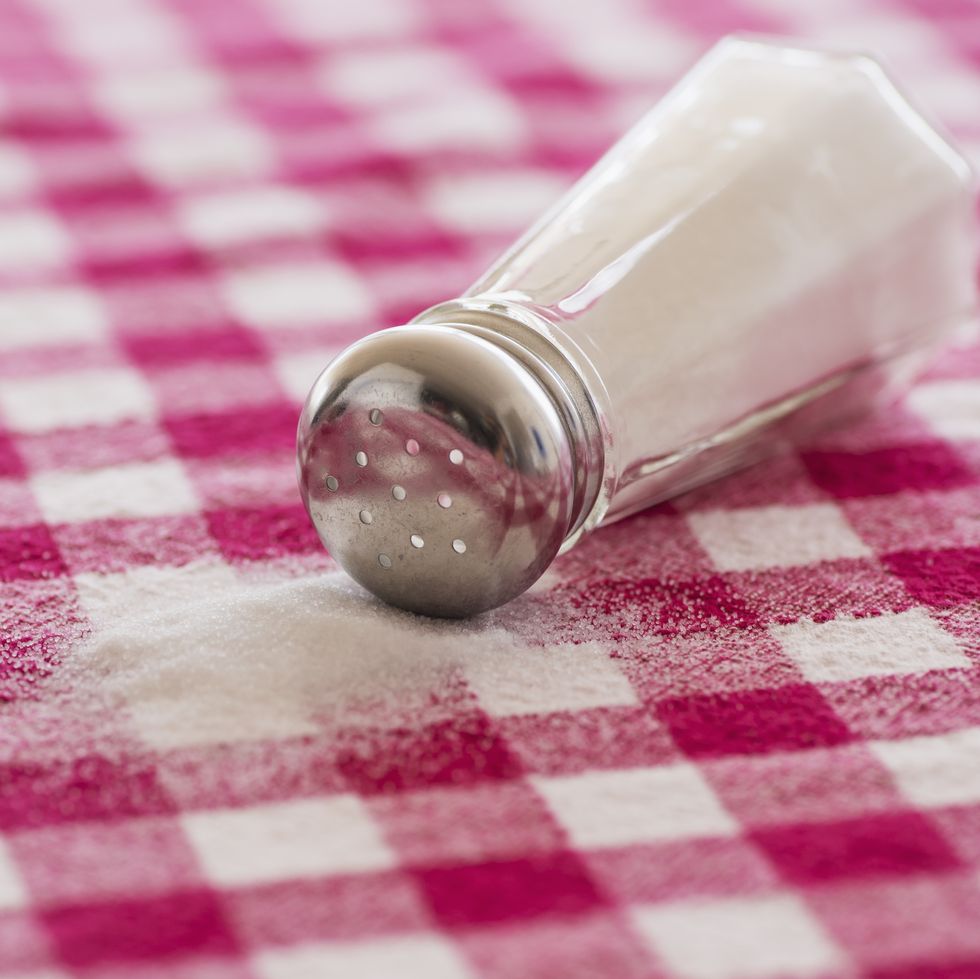
Table salt
We’re all prone to sprinkling a bit of salt on our food before we eat it here and there. And while a little bit of salt is okay, it’s better to try and opt for sea salt or Himalayan salt over your standard table salt. That’s because table salt has been bleached and stripped of its natural minerals, says Soans. Plus, it’s high in sodium, which can cause inflammation, says Kearney.
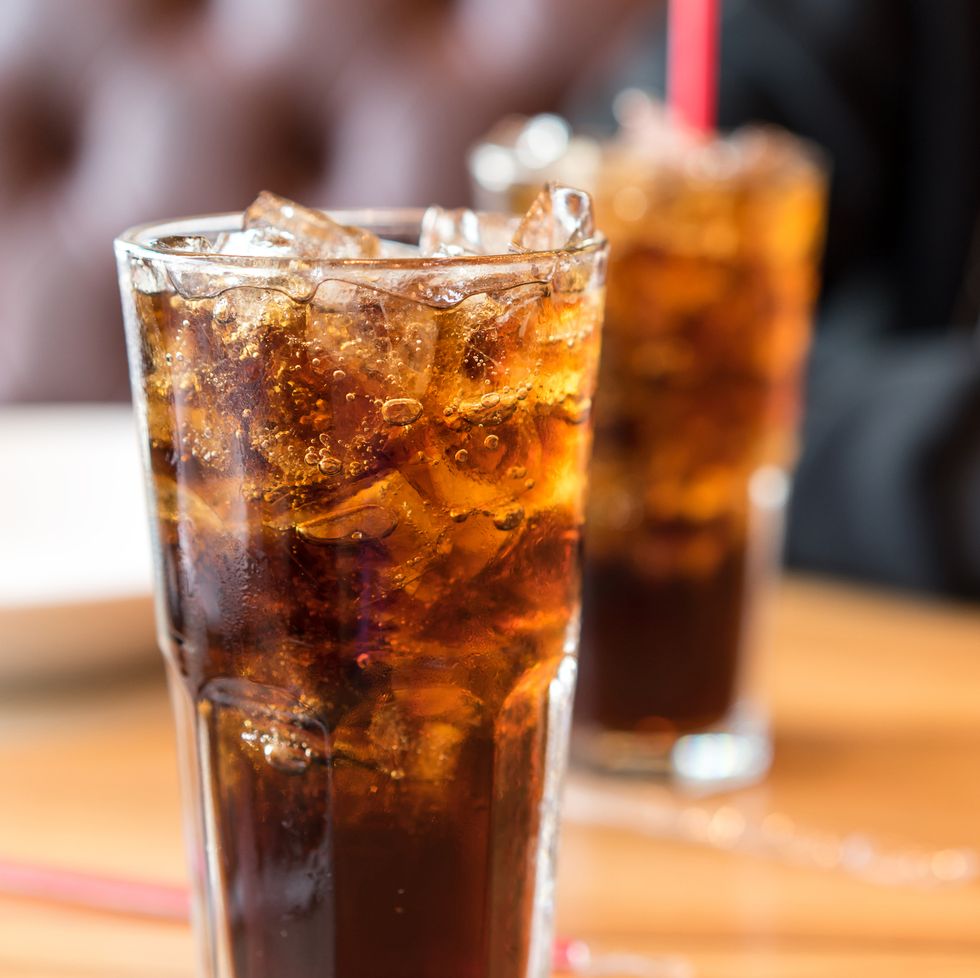
Diet soft drinks
Diet soft drinks are packed with artificial sweeteners, which are the main culprit behind why you should avoid them when you can.
“Those can be even worse than actual sugar,” says dietitian Shonali Soans. Artificial sweeteners have been linked to both cancer (although larger studies are needed to determine the risk) and gastrointestinal issues, and aspartame, a key ingredient in diet drinks specifically, has also been linked to the development of diabetes, says Soans.

Microwaveable rice
It’s easy, yes, but microwaveable rice is often teeming with sodium. “Some of those products can have 800 to 900 mg of sodium in one serving,” says Kearney. And because many bags contain 2 ½ servings—and because most of us will definitely eat the entire bag—that quickly adds up to being over 2,000 mg of sodium in just one sitting.
The problem with that? The Australian Heart Foundation recommends eating no more than 2,000 of sodium per day, which is about a teaspoon of salt, says Kearney. So with just one sitting, we’ve reached a day’s worth of sodium, which can make us feel bloated, weighed down and lethargic, says Kearney.
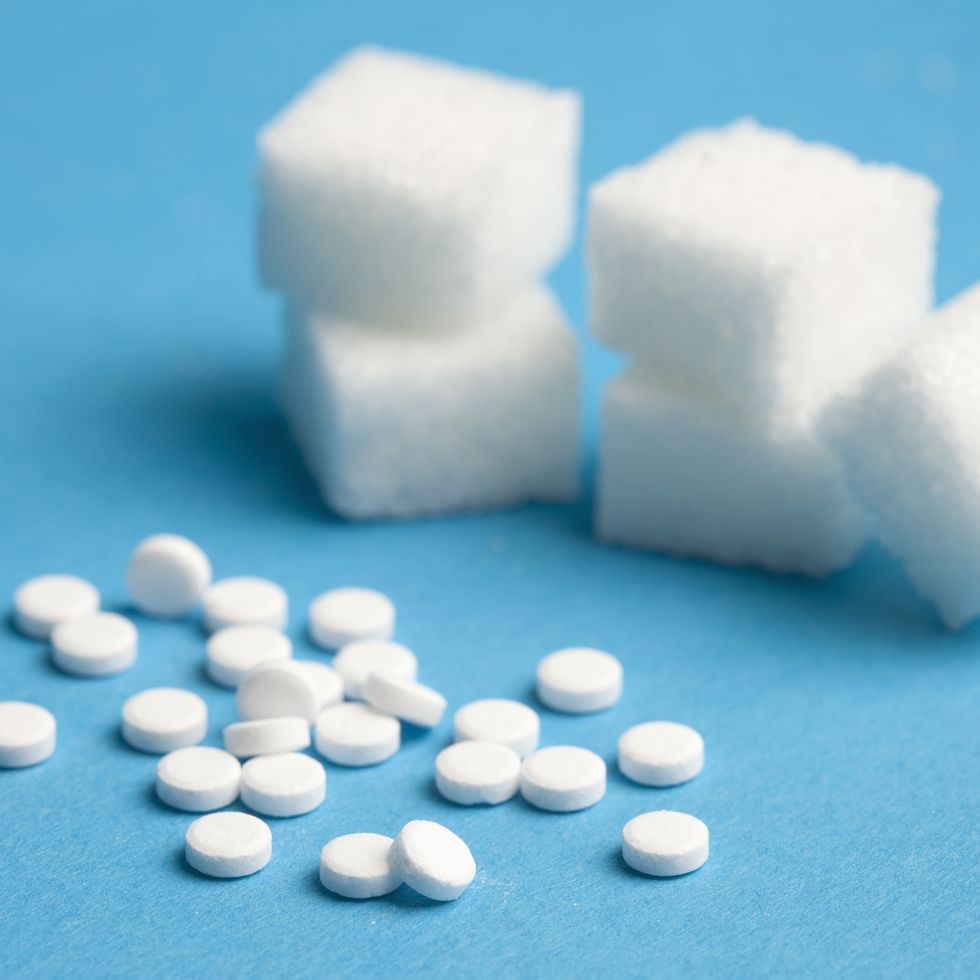
Artificial sweeteners
Yes, as counterintuitive as it might seem, you definitely want to try to stay away from artificial sweeteners. “Usually people, in the past, have said instead of eating refined sugar, let’s try diet soda and artificial sweeteners and all that stuff,” says Soans. But as she mentioned before, artificial sweeteners can actually be worse for you than your typical refined sugar due to its potential health impact and unknown risks. It’s better, instead, to try to eat regular sugar in moderation.









